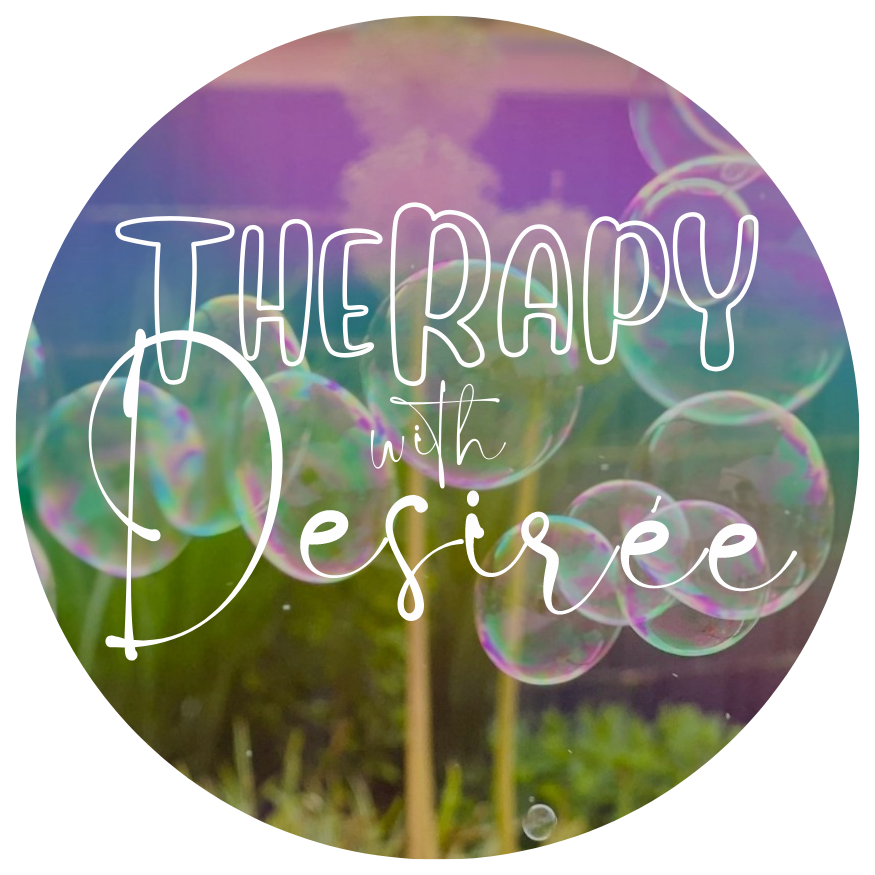Holistic Post-Hormonal Birth Control Wellness
Whether you started taking the pill to tackle complex hormonal issues, or if it was a means to keep you pregnancy-free long enough to figure out what you want the rest of your life to look like, while enjoying (or at least not fearing) sex in the meantime, you've got company.
Western doctors debate the existence of post-pill syndrome, though underlying causes seem to involve length of time on the pill, nutrition deficiencies, HPA axis dysregulation, impaired liver detox and stress. Any hormonal contraceptive — including an IUD, implant, patch and ring can cause withdrawal of synthetic hormones. With 65% of ovulating people 18-49 take hormonal birth control, plus Roe v. Wade overturned, I wonder how that number might change.
Your reproductive health decisions may be changing as you partner up, consider starting a family, find gender joy, or notice hormonal conditions that were masked by the pill instead of treated.
Here are some tips for navigating your life after hormonal birth control:
Give your body and mind plenty of self-compassion in the first three to six months after stopping hormonal birth control. You may experience changes in mood, appetite, sex drive, skin and hair health or other changes as your body adapts.
Get a physical and request testing for nutrition deficiencies. At a minimum, request the following be assessed: estradiol, progesterone, testosterone, DHEA, prolactin, FSH, LH, sex-hormone binding globulin, ferritin, full lipid panel, TSH, free T4, free T3, both morning and evening cortisol, glucose, insulin and HA1C.
Find a doctor who is trained in functional, gender affirming, health at every size care. (If you are one of these lovely providers please email me as I’m trying to build a roster of options across NY!) The last thing you want is to have to educate your provider on the type of care you’re looking for.
Meal planning as self care – F*ck diet culture AND… luxuriate with sources of fuel that pack a nutritional punch with fresh ingredients like artichokes, beets, broccoli, cabbage, sprouts, cauliflower and onions. To help your body find hormonal homeostasis, limit foods that that mimic estrogen due to pesticides, antibiotics, BPA and animal dairy. Finding fresh and minimally processed sources of omega 3s like wild-caught fatty fish and ground flax seed will decrease inflammation, as will healthy oils like olive, avocado and coconut. Fermented foods like raw apple cider vinegar, kimchi, sauerkraut help heal the dysbiosis oral contraceptives cause in our gut, leading to digestive issues and autoimmune conditions. Studies have shown that vitamins and minerals such as Vitamin C, Vitamin D, B-Complex, magnesium, selenium and zinc can be leeched from our body when on the pill as well as other medications. Shellfish, organic grass-fed and finished red meat and pumpkin seeds are wonderful natural sources of zinc. Iodine is a necessary nutrient for thyroid and hormone health. Iodized salt and seaweed are great sources when paired with proper hydration and quality H2O. Strict calorie restriction and yo-yo dieting confuse our bodies and can cause insulin resistance. In summation, lean protein + healthy fat + whole grains + fresh/frozen produce + superfood spices = 😊
Hypothalamic Amenorrhea is when the HPA (hypothalamus-pituitary-adrenal) axis is too stressed to successfully menstruate due to chronic physical and/or emotional stress around work, relationships, finances and other high-stressors. Committing to daily self-care rituals and slowing down to mindfully assess what your current needs are is your path towards wellness. Some high-impact relaxation techniques:
Set a regular bedtime for your sweet little inner child who doesn’t want to go to sleep yet but SO desperately need their rest.
A warm bathtub or foot bath soak with Epsom salt and essential oils to boost magnesium and relieve muscle tension.
Yin and Restorative Yoga
Acupuncture, acupressure, massage and tapping/EFT
De-clutter your home, office, schedule and commitments
Unwind with journaling, meditation, deep breathing, progressive muscle relaxation
Infrared Saunas to sweat out everything no longer serving you
TLDR? Here’s the gist:
Sleep, nutrition, movement, stress management and our environment play a big role in our hormone health.
Limit inflammatory substances like alcohol, tobacco, anti-biotics, processed food and beverage & NSAID pain relievers.
Practice pre-meal diaphragmatic breathing, mindful eating (20+ chews per bite), drinking water between meals (as opposed to during) to prevent diluting stomach acid, and not eating 2-3 hours before bed for improved digestion.
Getting 7-9 hours of sleep per night is crucial. Wind down by ending your screen time an hour before bed, supplementing with Melatonin to support healthy circadian rhythm cycles if you continue to experience sleep difficulties after modifying you nighttime routine.
Taking 2-6 tablespoons of ground flax daily can help balance your hormones and provide inflammation-fighting Omega 3’s.
Whole, fresh, minimally-processed foods in a variety of colors strengthens our immune system and diversify our microbiome, similar to Mediterranean eating which is low glycemic and high in fiber.
Prebiotic foods: garlic, onion, asparagus, artichoke, leek, radish and fresh produce.
Probiotic foods: organic grass-fed and finished fermented dairy, Goat, Sheep or Coconut yogurt or labneh, fermented fruits & vegetables.
Increase fiber with whole grains, fresh potatoes and potato starch.
Restorative movement like yin yoga, walking, light aerobics and qi gong bring our bodies back into rest & repair mode.
Ask your medical doctor to test for nutrient deficiencies, even if you experience some pushback, as deficiencies in vitamin d, magnesium, zinc, and b-vitamins can lead to worsened mental health.
Schedule a free consult to discuss what impact hormonal birth control, medical gaslighting, medical trauma, body-shaming and/or misinformation has had on your mental health and ability to thrive.
Until next time,
Be well! ❤️

